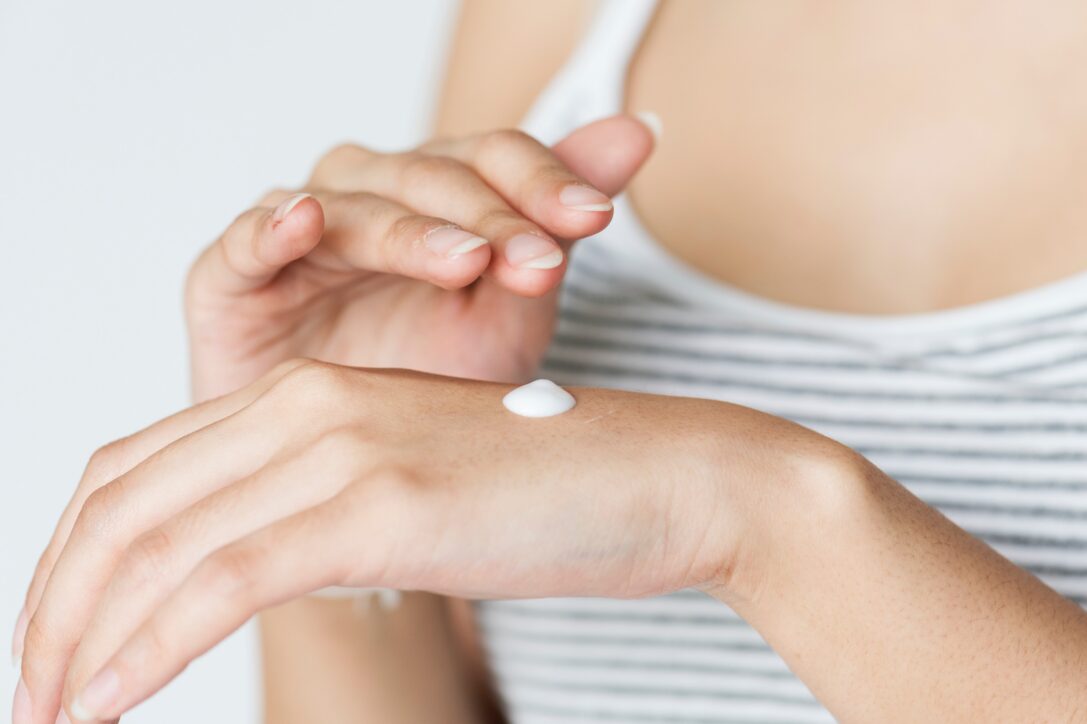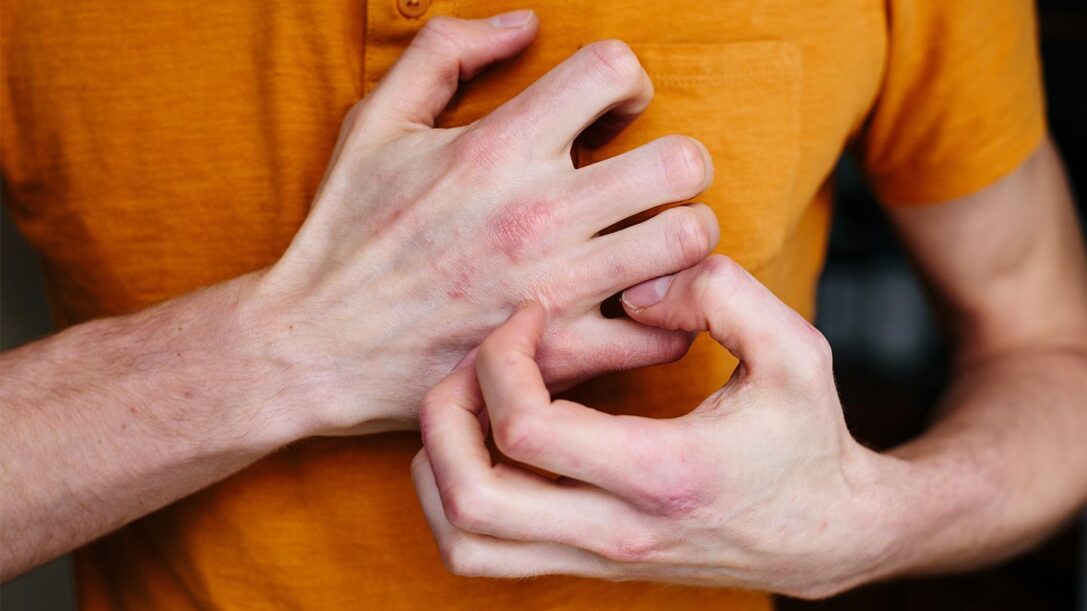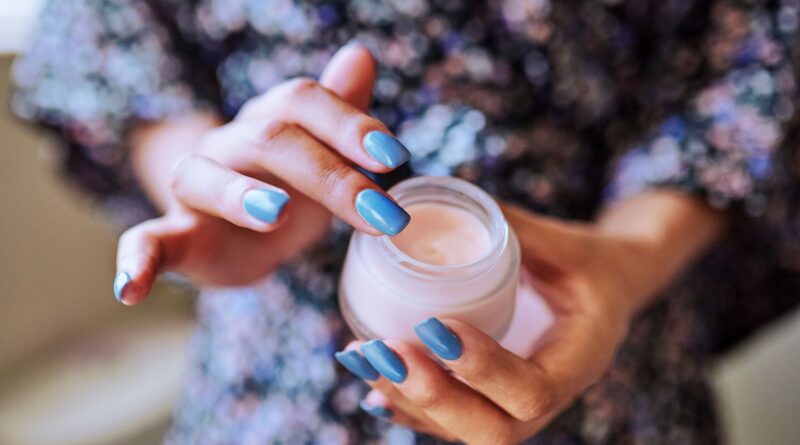The Art of Layering: A Guide to Properly Applying Cream for Eczema Relief
Living with eczema can be challenging, but with the right skincare routine, it’s possible to manage and alleviate its symptoms. One crucial aspect of caring for it is the proper application of creams. Applying eczema cream may seem like a simple task, but there’s an art to it.
Start with a Clean Slate

Before diving into the world of layering, it’s essential to begin with a clean canvas. Gently cleanse your skin using a mild, fragrance-free cleanser that won’t further irritate or dry out your eczema-prone skin. Pat your skin dry with a soft towel, ensuring it’s slightly damp to facilitate better absorption of the eczema cream.
The First Layer: Hydration
Now that your skin is prepped, it’s time to apply the first layer of moisture. Opt for a lightweight, hydrating lotion or emollient that will provide a base for the subsequent layers. Massage it into your skin using gentle, circular motions. This initial layer helps to lock in moisture, preventing your eczema-prone skin from becoming dry and itchy throughout the day.
The Second Layer: Eczema Cream

Here comes the star of the show – your eczema cream. Choose a cream specifically formulated for eczema-prone skin, rich in soothing ingredients like ceramides, colloidal oatmeal, or shea butter. Apply a thin layer onto your skin, focusing on areas prone to flare-ups. Remember, a little goes a long way, so resist the urge to slather on excessive amounts. Gently massage the cream into your skin until it’s fully absorbed.
Targeted Treatment
For areas that require extra attention, such as stubborn eczema patches or localized flare-ups, consider incorporating a targeted treatment. Look for creams or ointments containing ingredients like hydrocortisone or other topical steroids, but use them sparingly and as directed by your dermatologist. Apply the targeted treatment after the eczema cream, focusing solely on the affected areas.
Seal the Deal: Occlusion
To enhance the efficacy of your eczema cream and seal in moisture, consider the art of occlusion. After applying the cream, cover the treated areas with a thin layer of non-stick gauze or a breathable bandage. This occlusive layer helps to create a barrier, preventing the cream from evaporating too quickly and allowing it to work its magic on your skin for longer periods.
Timing is Key

To maximize the benefits of your eczema cream, timing is crucial. Apply your creams immediately after showering or bathing when your skin is still slightly damp. This aids in trapping moisture, allowing the cream to deeply penetrate and nourish your skin. Additionally, apply your creams consistently, following a regular skincare routine, to maintain healthier-looking skin over time.
Don’t Forget the Sunscreen
Protecting your eczema-prone skin from harmful UV rays is paramount. Opt for a broad-spectrum sunscreen with a high SPF, preferably one designed for sensitive or eczema-prone skin. Apply sunscreen generously after your eczema cream has fully absorbed. Sunscreen acts as a shield against potential triggers that can worsen your symptoms and protects your skin from potential sunburns.
Embrace this art, adapt it to your needs, and empower yourself to live a life where eczema doesn’t hold you back.



